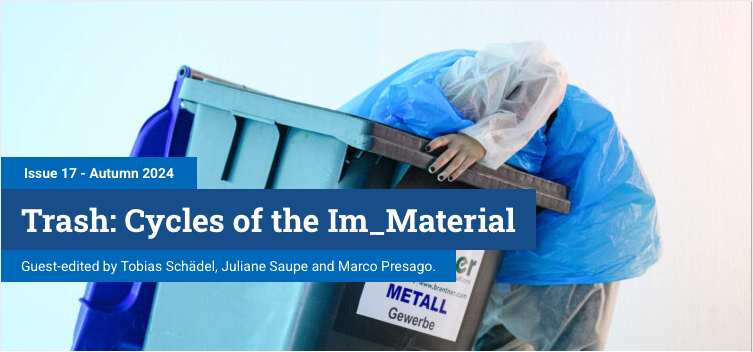After Trash
Temperament of Penicillium Societies
DOI:
https://doi.org/10.22029/oc.2024.1448Keywords:
ethnography, life, environment, microbiopolitics, penicillium, storytellingAbstract
This _Perspective uses the Penicillium family as a case study to explore the interaction between life and the environment. It employs ethnography as a form of qualitative inquiry to track the migration, kinship, and living habits of Penicillium community residents. Sensory ethnography and go-along interviews serve as a method that allows delving into intimate social and personal aspects of the Penicillium family. Examining the process of bread becoming moldy to being discarded from a microscopic and microbial perspective is a potential way to dissipate dualistic thinking regarding life/matter, the human/non-human, and consciousness/action. Additionally, it prompts reflection on the ontology of language and reminds us that language does not belong solely to human beings. It enables us to rethink the boundaries of life as a form and its definition.
Downloads
Published
Issue
Section
License
Copyright (c) 2024 Siyu Li

This work is licensed under a Creative Commons Attribution 4.0 International License.




